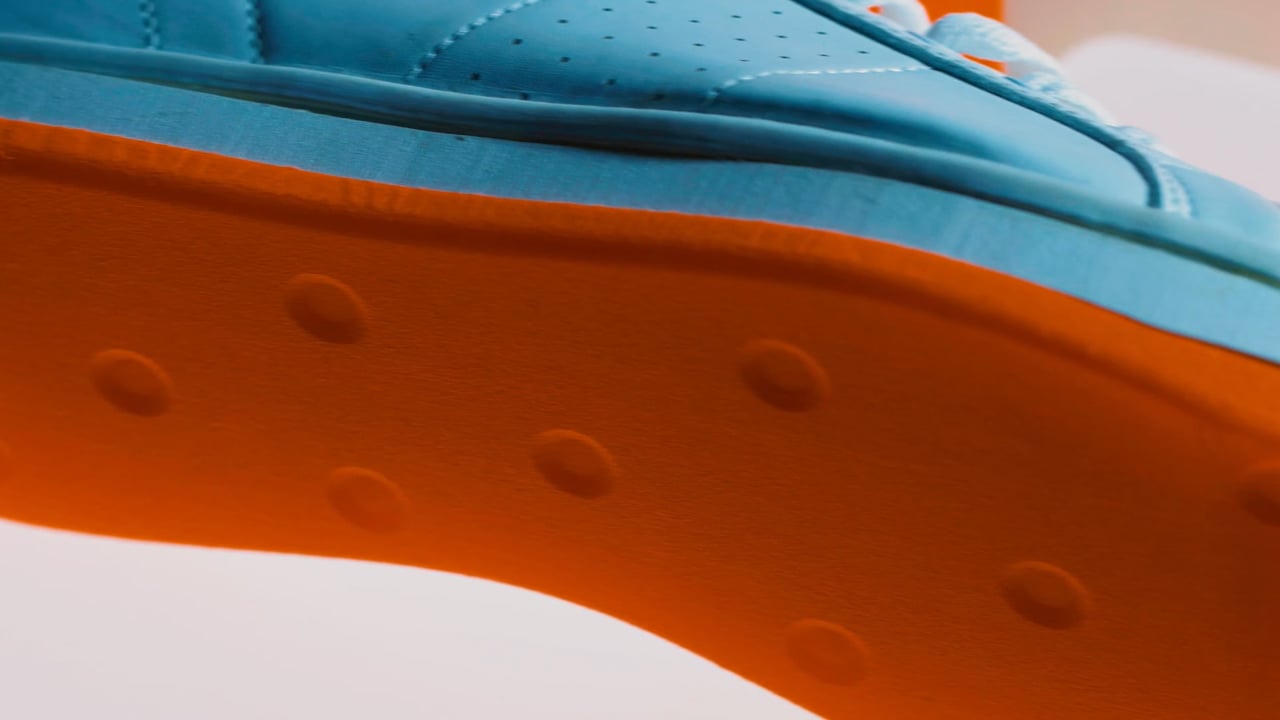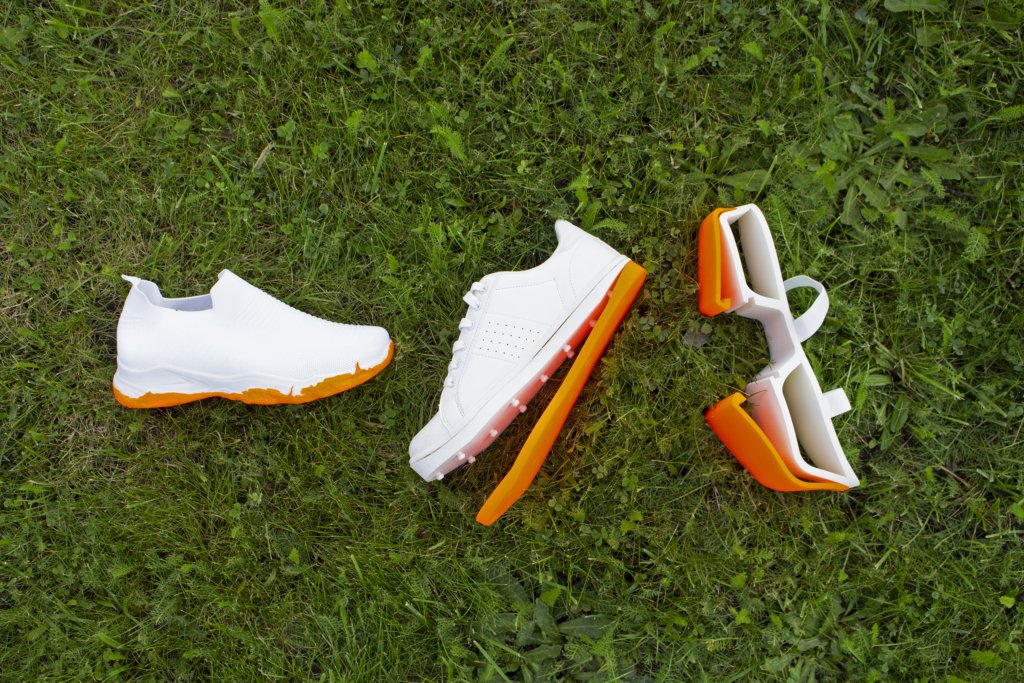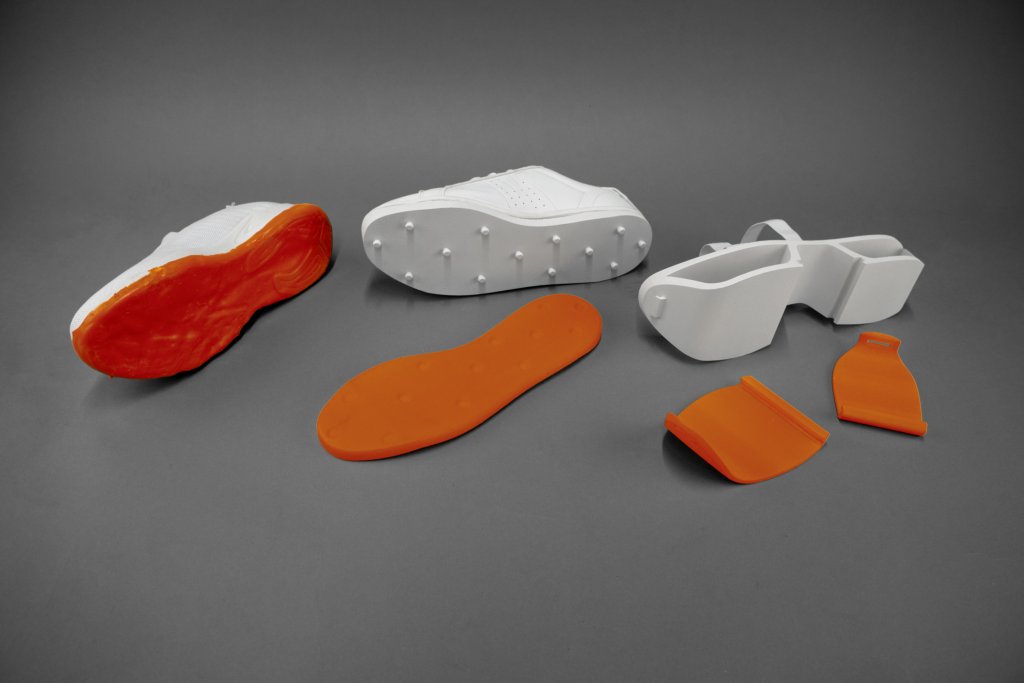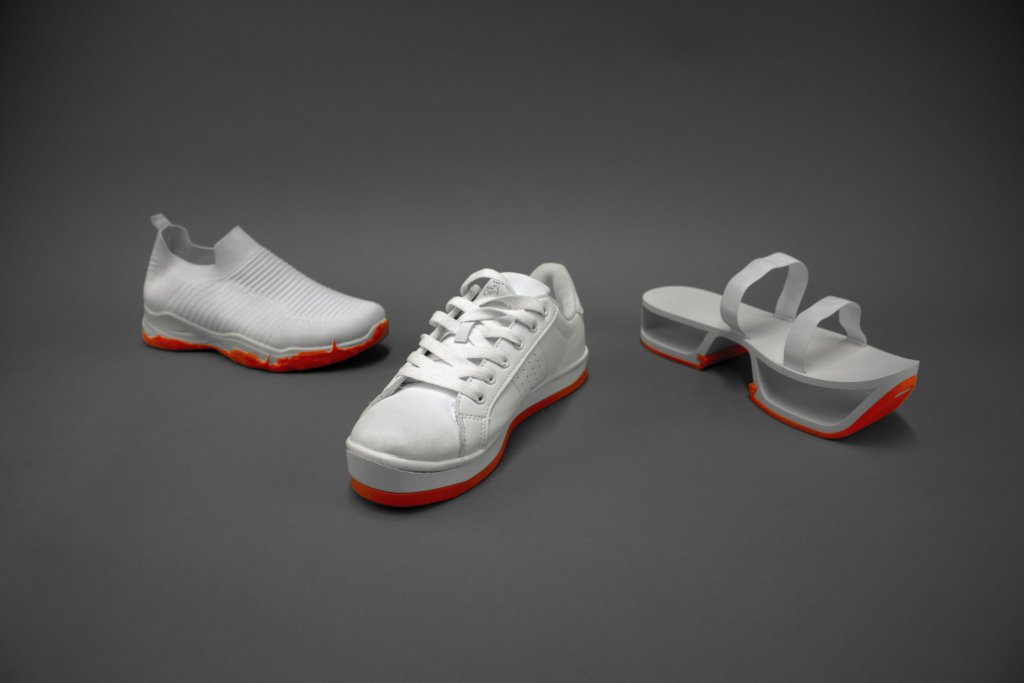Microplastics have become a critical environmental concern. These miniscule non bio-degradable particles invade ecosystems, from oceans to terrestrial landscapes, disturbing the intricate balance of nature. They potentially affect human health in ways that we are only just beginning to understand. Action is needed now to ensure a more sustainable future. Can biodegradable plastics fulfil our sustainability expectations?
Microplastics are a critical environmental concern due to their widespread presence, longevity, and potential ecological impacts. Product wear, including washing textiles and shoe wear during use, is an important contributor. Biodegradable plastics that rapidly and fully degrade in the soil are sustainable alternatives. But, will using these biodegradable plastics really have the desired sustainability effect?
This project explores a future scenario in which biodegradable plastics are used to solve the microplastic problem. The use of biodegradable plastics presents new design challenges, for example as we explore through designing shoe soles.
The solution
This project offers a visionary perspective on the future of products that are designed to mitigate the problem of microplastics in nature. By embracing the principles of biodegradation, these products can revolutionize industry by significantly reducing the impact of harmful particles into ecosystems. But the question remains whether biodegradable microplastics degrade as easily as assumed. Our project focuses on shoes, designed so that the parts vulnerable to wear are made of biodegradable plastics. Given their expected wear during use, these components should be easy to replace.
Several possible solutions were envisioned, such as a re-appliable biodegradable coating, an easily-replaceable detachable sole, or replacing the worn out sole parts only. The models illustrate these possibilities, with the orange parts symbolizing biodegradable plastic components. The questions regarding the degradation urgently need to be addressed.
The impact
The study's focus on the harmful impact of non-biodegradable microplastics on the planet highlights the urgency of the current environmental crisis.
The project highlights the need for innovative solutions and speculates on future practices. It sparks a discussion on feasibility and whether biodegradable plastics can really contribute to a more sustainable world, as we now expect them to.
Ultimately, this research serves as a call to action, urging designers, researchers, manufacturers and consumers to recognise the importance of sustainable design practices. It challenges them to imagine and create a future where products are not only functionally and aesthetically beautiful, but also environmentally responsible. While biodegradation is considered as a potential solution, it also raises questions as simplistic substitutions may not suffice.
@TU Delft | Industrial Design Engineering
#sustainability #circulareconomy #biodegradable #plastic #design




